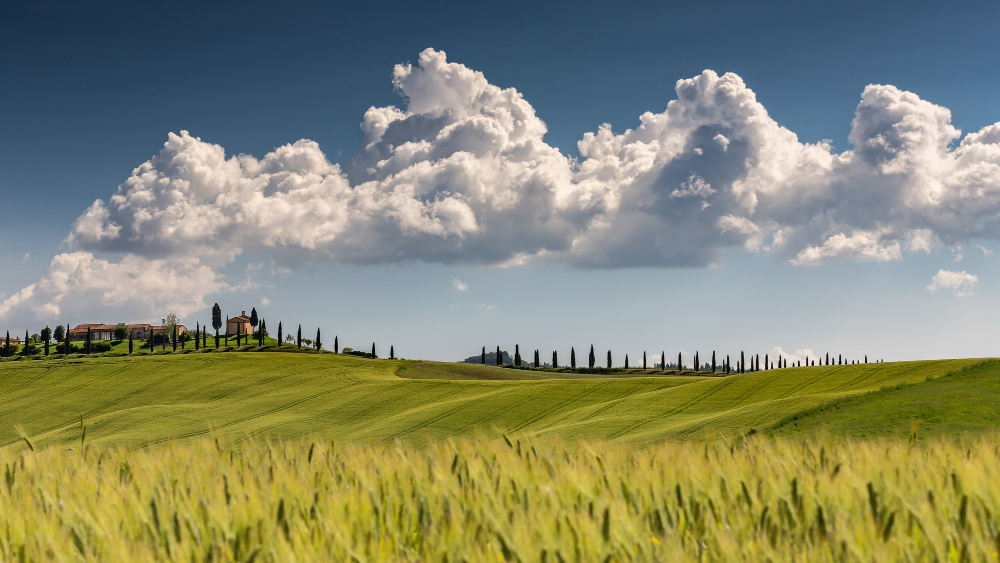From October 5 to 7, the Cité de l’agriculture participated in SEEING LIKE A CITY // SEEING THE CITY THROUGH, organized by the European Sociological Association (ESA), at Humboldt University in Berlin.
This year, the issue in the spotlight during the conference was the best articulation between two phenomena in the making of the city: on the one hand, planning and public action and on the other, daily, spontaneous practices, informal and/or militant. Milla PHAM LE and Alina BEKKA spoke for the Cité de l’agriculture within the Panel “FOOD FOR THOUGHT: challenges and potentials of practices for urban socio-ecological justice” to share some thoughts, feedback and results of the work that the Cité de l’agriculture leads as part of the European Cities2030 program.
They addressed the issues of linking public authorities and urban agriculture initiatives for agri-food justice, with a focus on the subject of land. This intervention was notably an opportunity to present an innovative participatory mapping approach aimed at identifying land, then transmitted and used as a resource to stimulate public action on the subject. This proposal was compared with the other very rich presentations of the panel, relating in particular to the issues raised by a case of edible forest in California and the governance of agri-food systems and initiatives in Turkey.
The presence of the Cité de l’agriculture at this event was the opportunity to open our hatches to other subjects related to nature in the city by attending the fascinating debates around the possibility of a multi-species sociology, the exploitation of nature in the city (greening of facades, gentrification) and collective movements to defend nature in the city. In particular, we had the opportunity to exchange and debate ideas and good practices with Belgian, Italian, German, English, American and all researchers. passionate about the different facets, as well as the possibilities and ambiguities they imply, of nature in the city. We thank Cities 2030 and the Urban Sociology association for giving us the opportunity to participate in these events rich in meetings, exchanges and new avenues of reflection and partnerships.
